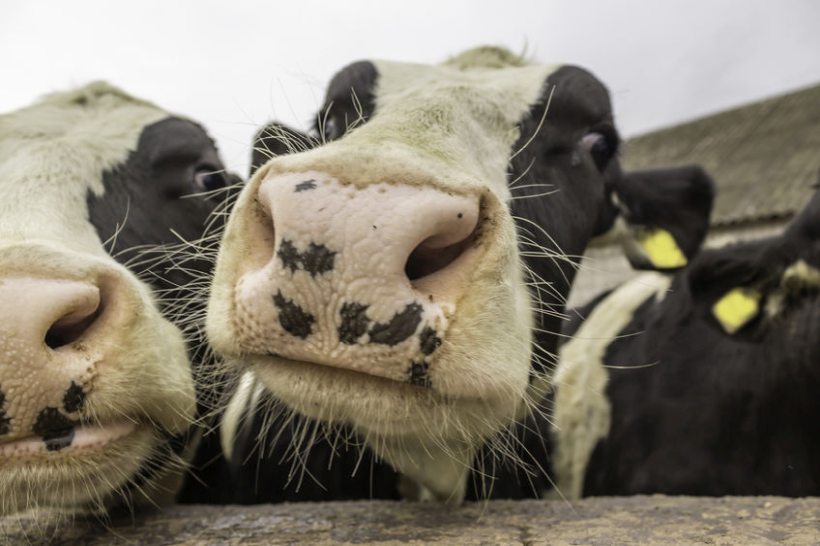
Farmers in Northern Ireland have been given a new opportunity to influence the future of a TB eradication strategy in the region.
The Ulster Farmers’ Union (UFU) has urged farmers to 'take a hard look' at the Department of Agriculture, Environment and Rural Affairs’ (DAERA) latest bTB eradication plans.
This document was launched in July and remains open for comment before plans are finalised.
The consultation focuses on enhanced cattle measures and testing, the expansion of molecular techniques and legislation to enable the department to test non-bovines.
The document also outlines herd health management and biosecurity improvements, badger intervention and compensation payments.
But UFU animal health and welfare chairman, Andrew McCammond said it was 'vital' for farmers to read the plans as they had 'far reaching implications' for the industry.
"Debate is crucial and farmers must be fully engaged, given the financial and mental health impact of TB across Northern Ireland," he added.
“All these issues have far-reaching implications and are by their nature long term, given that a quick fix is impossible.
"This is the first opportunity farmers have had to influence the future of a TB eradication strategy in Northern Ireland.
"I would encourage every farmer to respond to the consultation."
The Department of Agriculture Environment and Rural Affairs (DAERA) said it wanted to hear the views of all stakeholders.
“To eradicate TB, all factors which contribute to the spread and maintenance of the disease in the environment must be addressed through a holistic approach," farming minister Edwin Poots said.
The annual cost of the TB programme is around £36-£40m, almost half of which is paid in compensation for infected cattle, something Mr Poots said was 'simply not sustainable'.
"We cannot continue to use the same strategy yielding poor results for the taxpayer, industry and animal disease," he said.
"Therefore, I am also proposing changes to the level and rates on which compensation is paid and will seek views on this."
